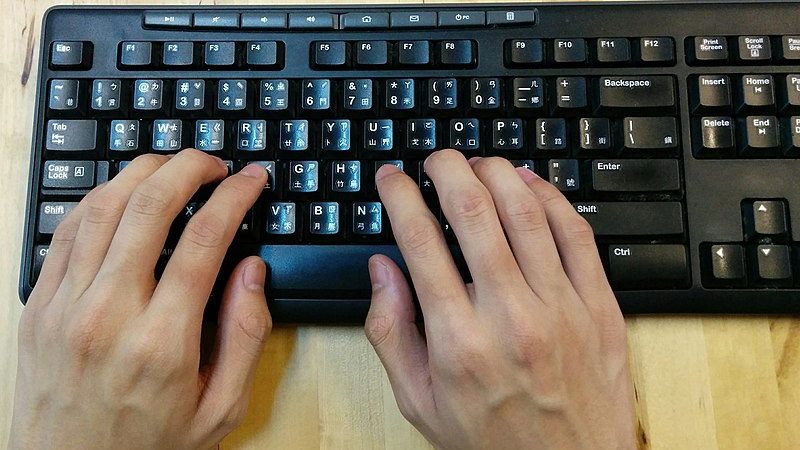The government's Online Safety Bill fails to deal with anonymous accounts behind much of the online abuse.

Footballers are calling on the government to stop the torrent of anonymous abuse on social media. Speaking at a virtual parliament event on Tuesday, footballing legends Thierry Henry and Lucy Bronze have called for action in order to limit the reach and power of anonymous accounts.
The virtual event organised by the football authorities and led by the FA and Premier League was for MPs and Peers to discuss discriminatory online abuse. The round table was told that the government’s draft Online Abuse Bill needed to include safeguards against anonymous accounts behind a lot of the more hateful messages.
Henry told parliament how the often racist online abuse he was constantly subjected to led him to quit social media in March this year. The former Arsenal and French striker said that the ‘widespread’ abuse affected players at all levels, and led to mental health issues for them and their families.
He added: “On social media platforms it seems you can say whatever you want and there are no real consequences. This needs to change and people need to be held accountable.
“There is attention on this topic, but we still have some way to go. I don’t want my kids to go through abuse, my family, friends or indeed anyone to experience any kind of online abuse.”
Manchester City and England defender Lucy Bronze told the roundtable that she and other female players dealt with sexist abuse online on a daily basis.
Bronze said: “I’m aware of victims who have been blocked from reporting their experiences to social media platforms, if they reach a limit on reporting.
“Right now, we punish the victim but not the abusers. There has to be a way to hold people accountable and it’s time something was done.”
The event was co-hosted by several all-party parliamentary groups including Digital Rights and Responsibility, Women in Parliament, and Compassionate Politics.
Chair of the Women in Parliament group Maria Miller said that social media can foster ‘an abusive atmosphere online’ because of the ‘lack of real world consequences’.
The Tory MP said the government’s Online Abuse Bill needed to rectify problems around anonymous posts, highlighting the fact that 52% of women and girls reported experiencing online abuse.
Miller said: “I think it could help to have a twin-track process where the default setting on social media is to verify the identity of users and automatically filter out anonymous or unverified accounts, but still allowing others to choose to be anonymous if they need to do that.
“This straightforward change would empower users and protect everyone from some of the worst forms of abuse, harassment, and misinformation.”
Labour MP and co-chair of Compassionate politics Debbie Abrahams said: “Anonymous abuse is ruining lives and wrecking our democracy.
“For that reason, and like so many MPs, I was deeply disappointed that the government’s draft Online Safety Bill makes no reference to curtailing the number or reach of anonymous accounts.
“This is despite the fact that anonymous accounts are the source of most of the violently abusive, factually inaccurate, and outright illegal material online.”
Abrahams said that an Online Safety Bill that fails to deal with the issue of anonymity will ‘not be worthy of its name.’
Manchester United star and child poverty campaigner Marcus Rashford on Thursday shared the racism he was subjected to after his team lost to Villarreal in Gdansk, Poland.
Rashford tweeted: “At least 70 racial slurs on my social accounts counted so far. For those working to make me feel any worse than I already do, good luck trying.”
Polling by Opinium for Compassion in Politics found interventions to tackle anonymous accounts to be widely popular. 81% said they were willing to provide personal ID to gain a ‘verified’ account to reduce unverified profiles. 72% of respondents would filter out all anonymous accounts if they had the option to do so.
Sophia Dourou is a freelance journalist
To reach hundreds of thousands of new readers we need to grow our donor base substantially.
That's why in 2024, we are seeking to generate 150 additional regular donors to support Left Foot Forward's work.
We still need another 117 people to donate to hit the target. You can help. Donate today.



